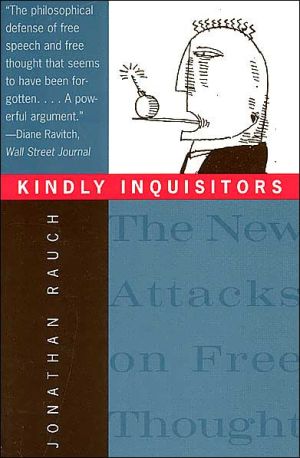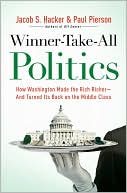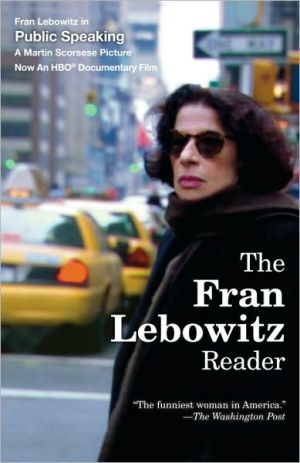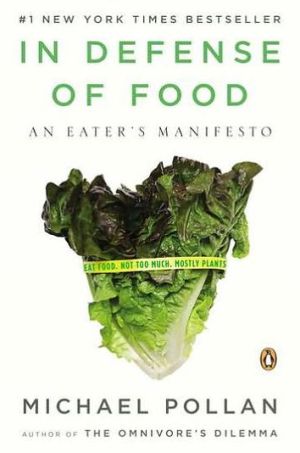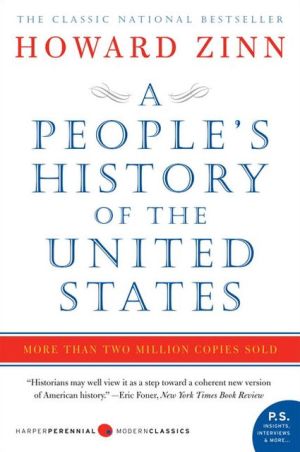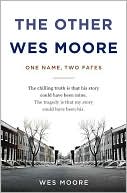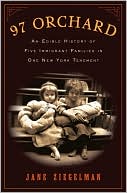Kindly Inquisitors: The New Attacks on Free Thought
Thou shalt not hurt others with words. That commandment looks harmless, even admirable. But it is neither. As Jonathan Rauch states in this groundbreaking book, "This moral principle is deadly - inherently deadly, not incidentally so - to intellectual freedom and to the productive and peaceful pursuit of knowledge." Americans are used to thinking of liberal society as standing on two pillars: the economic system of capitalism and the political system of democracy. But a third pillar of...
Search in google:
Tracing attacks on free speech from Plato's Republic to America's campuses and newsrooms, Jonathan Rauch provides an engaging and provocative attack on those who would limit free thought by restricting free speech. Rauch explores how the system for producing knowledge works in a liberal society, and why it has now become the object of a powerful ideological attack. Moving beyond the First Amendment, he defends the morality, rather than the legality, of an intellectual regime that relies on unfettered and often hurtful criticism. Kindly Inquisitors is a refreshing and vibrant essay, casting a provocative light on the raging debates over political correctness and multiculturalism."Fiercely argued. . . . What sets his study apart is his attempt to situate recent developments in a long-range historical perspective and to defend the system of free intellectual inquiry as a socially productive method of channeling prejudice."—Michiko Kakutani, New York Times"Like no other, this book restates the core of our freedom and demonstrates how great, and disregarded, the peril to that freedom has become."—Joseph Coates, Chicago Tribune"The philosophical defense of free speech and free thought that seems to have been forgotten. . . . A powerful argument."—Diane Ravitch, Wall Street Journal Booknews Identifies a third pillar of liberal society, alongside capitalism and democracy: the "liberal science" of developing knowledge by choosing between conflicting views. Then warns against attacks on the institution--by fundamentalists; by intellectual egalitarians claiming that everyone's opinion has equal weight; and by humanitarians who don't want anyone to say anything bad about anyone. Annotation c. Book News, Inc., Portland, OR (booknews.com)
Acknowledgments1New Threats to Free Thought12The Rise of Liberal Science313The Politics of Liberal Science574The Fundamentalist Threat895The Humanitarian Threat1116Et Expecto Resurrectionem155Notes165Index173
\ BooknewsIdentifies a third pillar of liberal society, alongside capitalism and democracy: the "liberal science" of developing knowledge by choosing between conflicting views. Then warns against attacks on the institution--by fundamentalists; by intellectual egalitarians claiming that everyone's opinion has equal weight; and by humanitarians who don't want anyone to say anything bad about anyone. Annotation c. Book News, Inc., Portland, OR (booknews.com)\ \ \ \ \ Kirkus ReviewsA compelling defense of free speech against its new enemies, who range from the mosques of Iran to the groves of American academe. In place of Justice Holmes's old standard of truth competing in "the marketplace of ideas," Rauch (The Outnation, 1992—not reviewed; contributing editor to National Journal) substitutes a new one: that of "liberal science." Formulated by skeptical epistemologists like Hume and Locke in reaction to the authoritarian regulation of knowledge advocated by Plato, liberal science sorts through the hurly-burly of conflicting claims of truth, marginalizing those that cannot pass scrutiny while accepting that even today's accepted truth may need to be revised tomorrow. But after years of nurturing the spirit of intellectual freedom and the pursuit of knowledge, this principle recently has been shaken, with the defining moment being Western governments' weak-kneed reaction to the 1989 death threat made by the Ayatollah Khomeini against Salman Rushdie. Rauch divides challengers to free speech into three camps: "fundamentalists," who believe truth is obvious and not to be questioned; "egalitarians," who think that the beliefs of all sincere people deserve equal respect; and "humanitarians," who hold that one must never offend. But whether they are Moslems enraged at negative portrayals of Islam, creationists pressing to have their theory taught along with evolution, or minorities imposing university codes against "hate speech," all these groups wish to revive the Inquisition notion that "people who hold wrong and hurtful opinions should be punished for the good of society." Rauch's strength here lies in his relentless insistence that liberal science,though hurtful at times, is the best means of advancing knowledge and avoiding "herdthink." Rauch, Jewish and gay, calls not just for toleration but for "the hard self-discipline which requires us to live with offense." A powerful salvo in the war over political correctness—and a ringing reaffirmation of the principles of free thought as conceived by Locke, John Stuart Mill, and others.\ \
